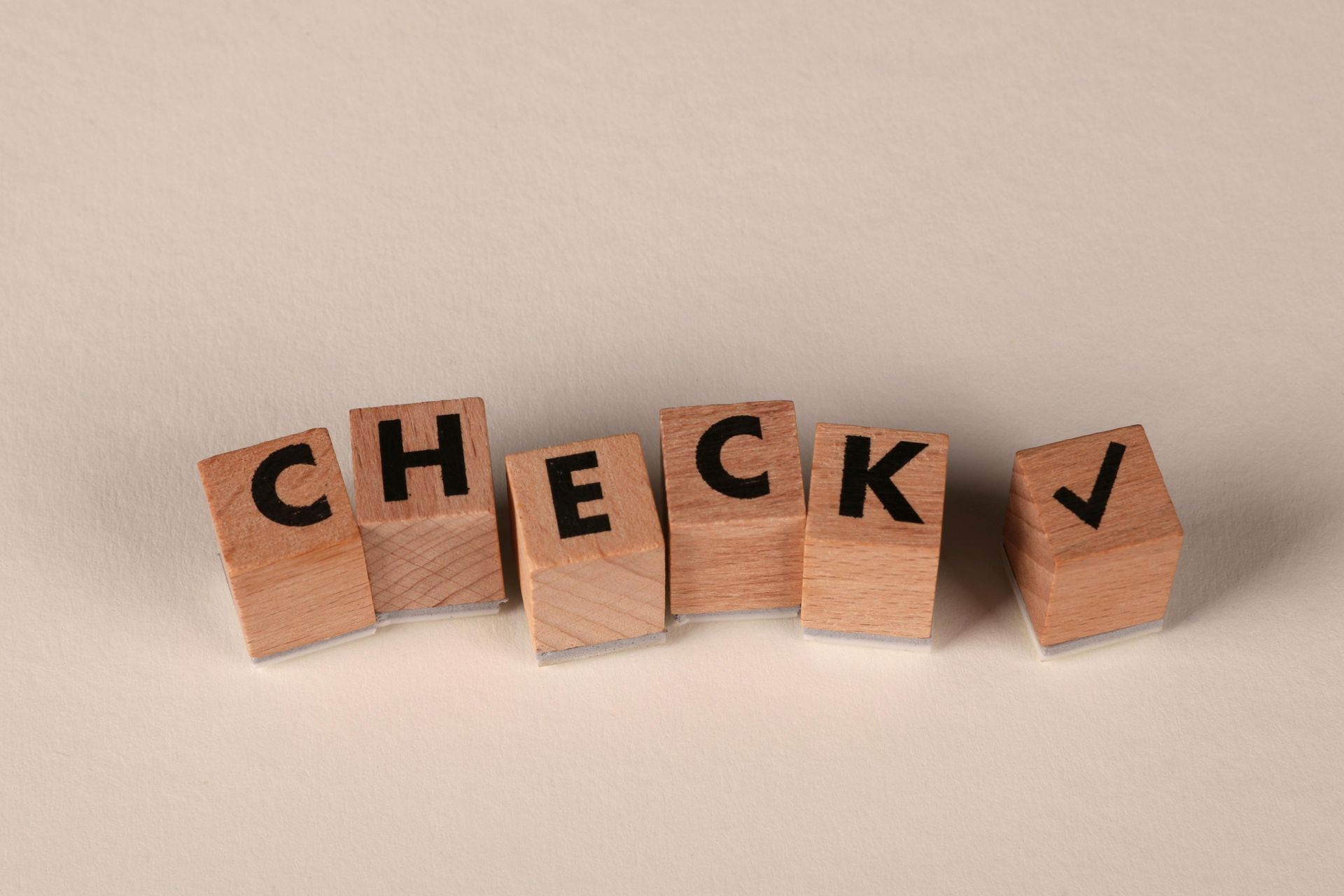Appeals Through JAMS Arbitration: A Structured Approach to Review
Arbitration is widely celebrated for its efficiency, privacy, and ability to resolve disputes without the delays and expenses associated with traditional litigation. However, the finality of arbitration awards, while central to its appeal, can sometimes leave parties dissatisfied when errors of law or fact arise. Recognizing the need for a more structured avenue to address such issues, JAMS has developed an Optional Arbitration Appeal Procedure. This process offers parties the opportunity to seek appellate review of arbitration awards while maintaining the overall efficiency of arbitration. JAMS, formerly known as Judicial Arbitration and Mediation Services, Inc. is a United States–based for-profit organization of alternative dispute resolution (ADR) services, including mediation and arbitration.
The Role of JAMS in Arbitration Appeals
JAMS, formerly known as Judicial Arbitration and Mediation Services, Inc. is a United States–based for-profit organization of alternative dispute resolution (ADR) services for solving disputes outside of traditional court. JAMS is a leading provider of alternative dispute resolution (ADR) services, known for its commitment to innovation and responsiveness to the needs of disputing parties. Its Optional Arbitration Appeal Procedure addresses a key limitation of traditional arbitration—the lack of substantive appellate review. Through this mechanism, JAMS provides a way for parties to challenge arbitration awards on the grounds of errors in law or fact, offering an added layer of assurance in high-stakes or complex disputes.
Unlike judicial appeals of arbitration awards, which are narrowly focused on procedural irregularities such as fraud or arbitrator misconduct, the JAMS appellate process allows for a deeper examination of the merits of the award. This makes it a particularly attractive option for parties who value both the finality of arbitration and the ability to correct potential errors.
Agreement to Use the JAMS Appellate Process
The JAMS appellate procedure is not automatic. Parties must mutually agree to incorporate it into their arbitration framework. This agreement can be reached in two ways: it can be included as part of the original arbitration agreement or negotiated during the course of the arbitration proceedings. Once the parties agree to use the JAMS appellate process, it becomes binding, and the dispute proceeds according to the specific rules and timelines established by JAMS.
- Initiating the Appeal
The appellate process begins shortly after the original arbitration award is issued. To preserve the efficiency of arbitration, JAMS imposes strict deadlines for initiating an appeal. A party seeking review must file a Notice of Appeal within 14 calendar days of the original award becoming final. If another party wishes to file a cross-appeal, it must do so within seven calendar days after the appeal is filed. These deadlines ensure that the appellate process does not unduly delay the resolution of the dispute.
The Notice of Appeal must clearly outline the basis for the challenge, specifying whether the alleged errors pertain to legal issues, factual findings, or both. This document sets the stage for the appellate review and frames the issues to be addressed by the appellate panel.
- Composition of the Appellate Panel
The appellate review is conducted by a panel of JAMS neutrals, typically consisting of three members. These individuals are selected for their expertise in appellate procedures and the substantive legal issues involved in the dispute. JAMS provides a list of potential panel members to the parties, who then have seven calendar days to agree on the composition of the panel. If the parties cannot reach a consensus, JAMS appoints the panel members to prevent delays.
This careful selection process ensures that the appellate panel is composed of highly qualified professionals with the experience and impartiality necessary to conduct a fair and thorough review.
- Scope and Standard of Review for a JAMS Appeal
The JAMS appellate process applies standards of review similar to those used in judicial appeals. Legal issues are typically reviewed de novo, meaning the appellate panel examines them independently without deference to the original arbitrator’s interpretation. Factual findings are reviewed for clear error, reflecting the original arbitrator’s unique position in assessing evidence and witness credibility.
The scope of the review is based on the record from the original arbitration hearing, including all evidence, documents, and transcripts submitted during those proceedings. In exceptional cases, the panel may consider additional evidence if it was improperly excluded in the original arbitration or is necessary to correct a significant error.
- Briefing and Oral Arguments for a JAMS Appeal
Written briefs are central to the appellate process. Each party submits a detailed argument, outlining the alleged errors and supporting their positions with applicable law and facts from the record. JAMS typically limits opening briefs to 25 double-spaced pages to ensure clarity and conciseness.
Oral arguments are not automatically included in the process but may be conducted if all parties request them or if the appellate panel deems them necessary to resolve particularly complex issues. This flexibility allows the process to adapt to the specific needs of each case while maintaining its overall efficiency.
Timelines and Finality of a JAMS Appeal
One of the hallmarks of the JAMS appellate process is its efficiency. The appellate panel endeavors to issue a decision within 21 calendar days of receiving the final submissions from the parties. This expedited timeline stands in stark contrast to judicial appeals, which can take months or even years to resolve.
Once the appellate panel issues its decision, it becomes the final arbitration award. At this point, the award is enforceable and subject to judicial review only under the limited grounds provided by applicable arbitration laws, such as the Federal Arbitration Act (FAA).
Balancing Efficiency and Fairness
The JAMS Optional Arbitration Appeal Procedure strikes a careful balance between the need for finality and the pursuit of fairness. By providing an appellate mechanism, JAMS addresses a key criticism of arbitration—the perceived inability to correct substantive errors—while preserving the speed and cost-effectiveness that make arbitration attractive. This process is particularly valuable in high-stakes disputes where the accuracy of the award is critical to the parties’ interests.
Challenges and Considerations to a JAMS Appeal
While the JAMS appellate process offers significant benefits, it is not without challenges. Adding an appellate layer can increase costs and extend the time required to reach a final resolution. For parties seeking a swift conclusion, this trade-off may not be ideal. Additionally, the process relies on the willingness of parties to cooperate and abide by the appellate panel’s decision, even if it conflicts with their expectations. Another consideration is the drafting of arbitration agreements. To avoid disputes over whether the JAMS appellate process applies, parties should include clear and specific language in their agreements. This ensures that the appellate mechanism is understood and agreed upon from the outset.
Final Thoughts on a JAMS Appeal
The JAMS Optional Arbitration Appeal Procedure represents an important innovation in alternative dispute resolution, offering parties a structured and efficient way to seek appellate review of arbitration awards. By addressing concerns about potential errors while preserving arbitration’s key advantages, this process provides a valuable tool for ensuring fairness and accuracy in dispute resolution. For parties involved in complex or high-stakes disputes, the JAMS appellate mechanism offers peace of mind, balancing finality with the opportunity for meaningful review.
Limited Grounds for Appeal Under the Federal Arbitration Act
The Federal Arbitration Act strictly limits judicial review of arbitration awards to promote finality and efficiency in arbitration. Under Section 10 of the FAA, a court may vacate an arbitration award only on these limited grounds:
- Fraud, Corruption, or Undue Means
If the award was procured through corruption, fraud, or undue means, it may be set aside. Evidence of such misconduct must be clear and material.
- Evident Partiality or Corruption in the Arbitrators
If an arbitrator is demonstrably biased or has undisclosed conflicts of interest that influenced the award, the award may be vacated.
- Misconduct or Misbehavior by Arbitrators
If arbitrators engage in misconduct, such as refusing to hear pertinent evidence or acting in a way that prejudices one party's rights, the award could be invalidated.
- Exceeding Powers or Acting Outside Scope of Authority
If arbitrators exceed their authority, such as deciding issues not submitted to them or granting relief outside the terms of the arbitration agreement, the award may be vacated.
Challenges Based on Errors of Law or Fact in Federal Arbitration Act
Courts do not review errors of law or fact made by arbitrators. Even if the arbitrators' decision seems incorrect, courts generally defer to the arbitrators' interpretation unless it violates one of the above grounds.
Modified Awards (Section 11 of the Federal Arbitration Act )
Under Section 11 of the FAA, a court may modify or correct an arbitration award if:
- There is an evident material miscalculation or mistake in the award.
- The award addresses a matter not submitted for arbitration.
- The form of the award is imperfect in a way that does not affect the merits.
Legal Solutions For You | Wilson Legal Group
Looking for Top Legal Representation in the Dallas, Houston or Austin? Contact Wilson Legal Group!
At Wilson Legal Group, we are dedicated to providing exceptional legal services.
Need help with business litigation, resolving business disputes, or securing trademark and patent protection?
Our experienced attorneys are here to deliver results!
Contact Us or Call 972-248-8080 for a Free Consultation!


Have an idea for a blog? Click and request a blog and we will let you know when we post it!











